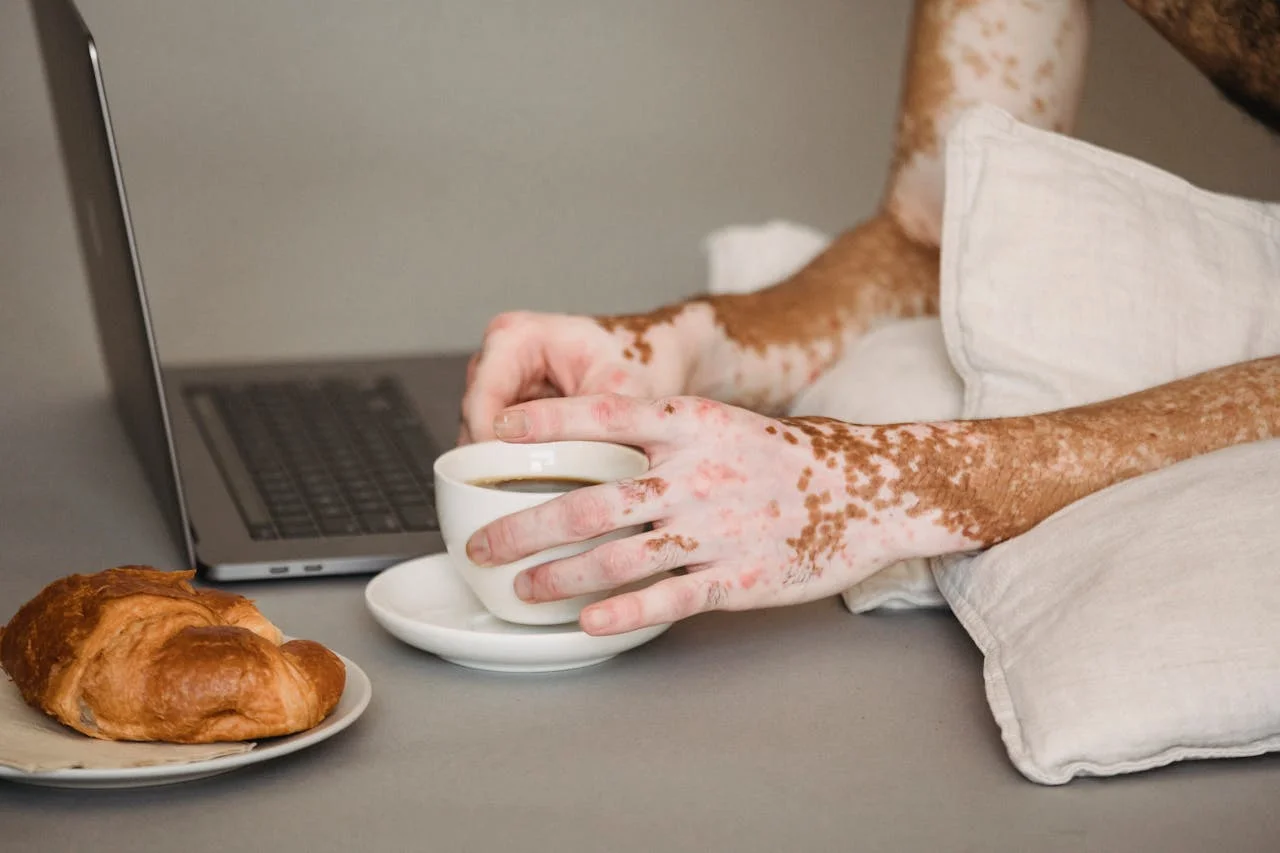
Amgen (NASDAQ: AMGN) has announced that Otezla® (apremilast) is now available in the U.S. for pediatric use. Earlier this year, the U.S. Food and Drug Administration (FDA) approved Otezla for treating moderate to severe plaque psoriasis in children and adolescents aged 6 and older, who weigh at least 20 kg (44 lb), and are candidates for phototherapy or systemic therapy. Currently, Otezla is the only FDA-approved oral medication for treating moderate to severe plaque psoriasis in this patient group.
“For the first time, children and adolescents suffering from moderate to severe plaque psoriasis and their caregivers have an oral treatment option for this chronic disease, characterized by its visible and uncomfortable symptoms,” said Murdo Gordon, Amgen’s executive vice president of Global Commercial Operations. “Over the past decade, Otezla has been prescribed to more than one million adults worldwide. Today’s announcement highlights the potential of Otezla to bring relief to many younger patients.”
Leah M. Howard, JD, president, and CEO of the National Psoriasis Foundation, added, “Children with moderate to severe plaque psoriasis often endure uncomfortable and visible symptoms, including itchy, dry lesions that may bleed or cause pain. However, treatment options for this chronic immune-mediated disease have been limited. Until now, FDA-approved systemic treatments for young patients involved injections or infusions. The introduction of an oral treatment option with a well-established safety profile is excellent news for children with this condition and their families.”
The FDA’s approval was based on the results from the SPROUT study, a Phase 3, multicenter, randomized, placebo-controlled, double-blind trial that evaluated the efficacy and safety of Otezla in pediatric patients aged 6 to 17 years with moderate to severe plaque psoriasis, who had an inadequate response to or were intolerant of topical therapy. The study met its primary endpoint at week 16, with a 33.1% static Physician’s Global Assessment (sPGA) response for Otezla, compared to 10.8% for placebo (95% CI: 12.2%, 32.4%; P<0.0001). The adverse events observed were consistent with the known safety profile of Otezla in adult patients.
The most common side effects of Otezla include diarrhea, nausea, upper respiratory tract infection, tension headache, and headache.
After the initial titration period, the maintenance dosage of Otezla for pediatric patients will be administered based on weight, either 20 mg or 30 mg doses, twice daily. Specifically, the recommended dose is 20 mg twice daily for pediatric patients weighing between 20 kg and 50 kg, and 30 mg twice daily for those weighing 50 kg or more.





